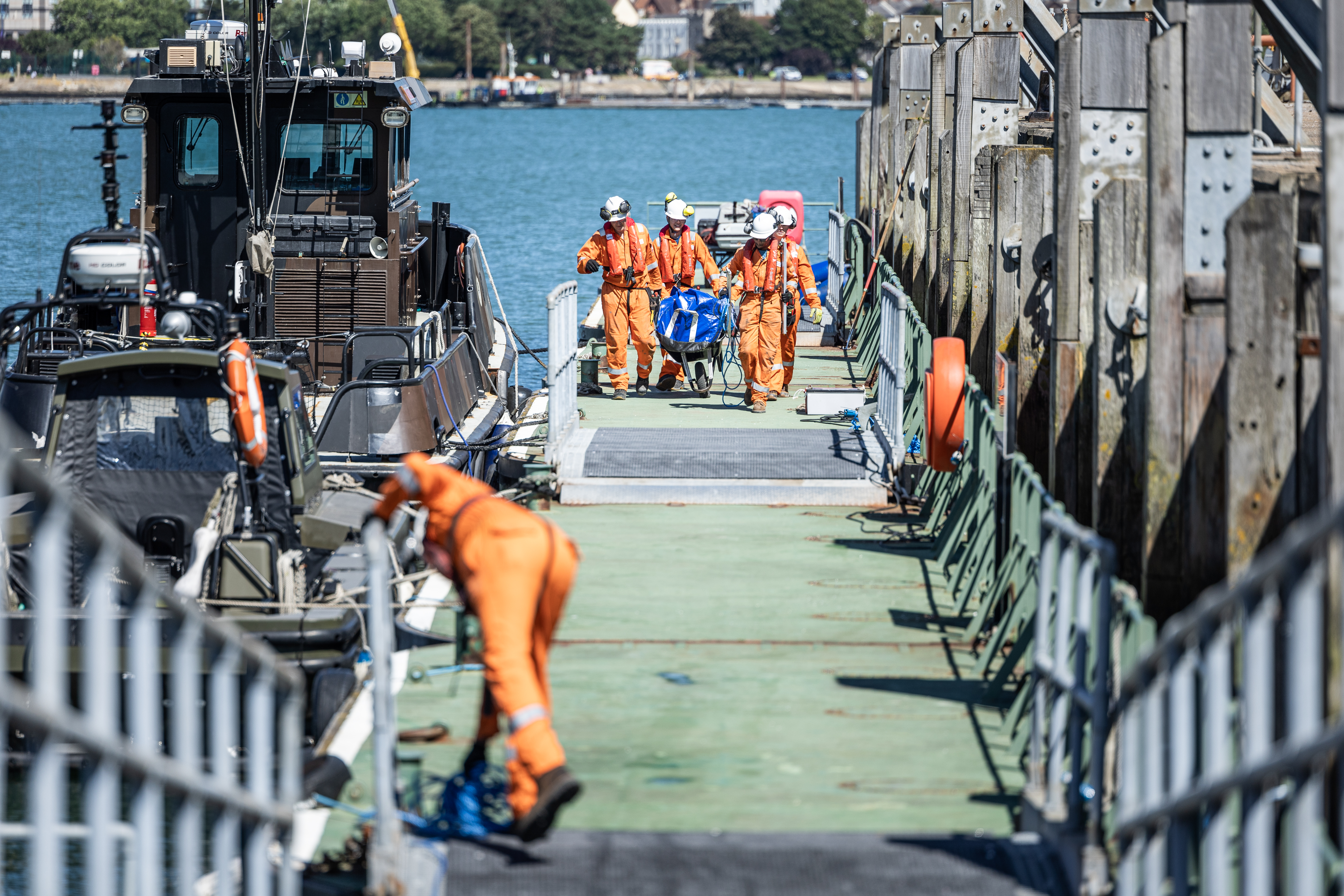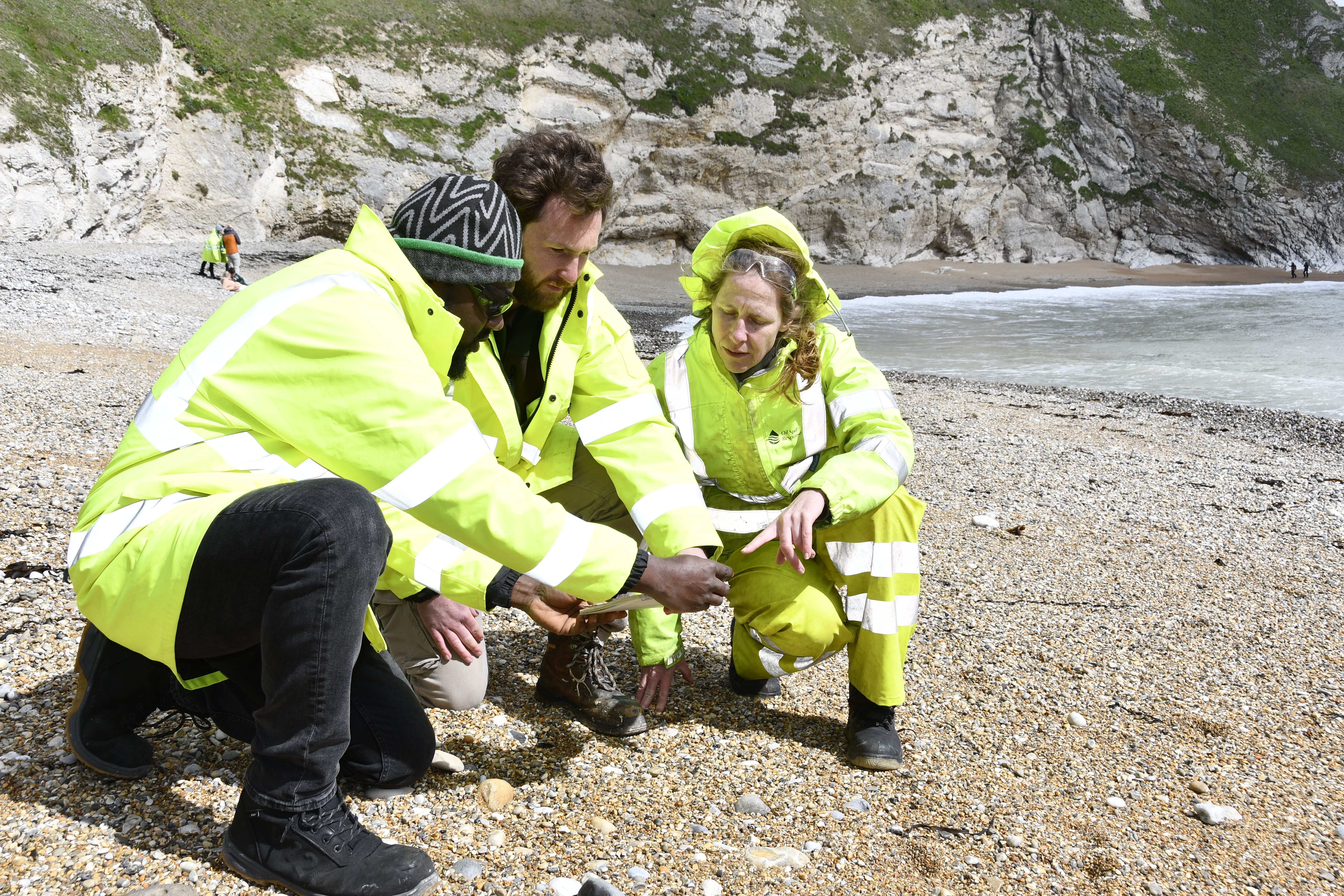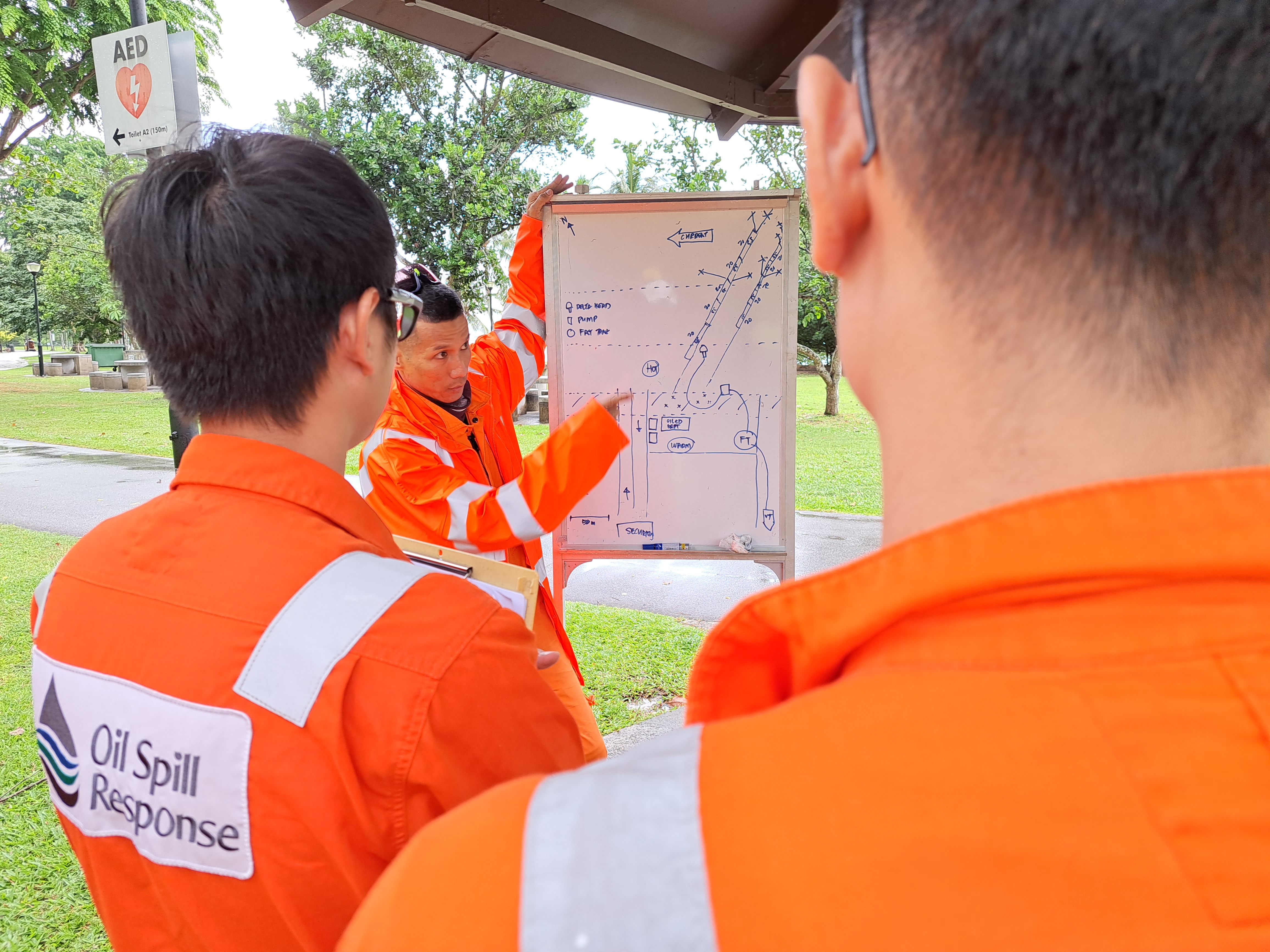Sharing Resources to Build Resilience: The Growing Importance of Mutualisation in Oil Spill Response
Abstract
In the evolving landscape of oil spill preparedness, the mutualisation of specialised resources among operators is becoming increasingly critical. This practice aligns with the Tiered Preparedness and Response (TPR) model and the commitments of the Oil Pollution Preparedness, Response, and Cooperation (OPRC) convention. While mutual aid agreements that share capabilities are common, this article argues for a stronger focus on the inter-operator mutualisation of expertise—a key component of effective oil spill response.
We explore how a mutual aid framework can enhance industry-wide collaboration by using Oil Spill Response Limited's (OSRL) Subsea Well Intervention Services and the UK Continental Shelf (UKCS) as a case study. As a member-based organisation, OSRL is uniquely positioned to unlock the potential of operator expertise in the UKCS region, fostering collaborative support for pollution incidents. We discuss the benefits, challenges, and lessons learned from implementing this framework and consider the future role of such initiatives in ensuring sustainable and responsible operations.
Discussion
The OPRC convention, adopted in 1990, established a global framework for international cooperation in oil spill preparedness and response. Central to this framework is the principle of mutual assistance, which is crucial for building robust response capabilities. The TPR model builds on this principle, providing a structured approach to ensuring that the right resources are available at the right time, regardless of the scale or complexity of an oil spill incident.
The IPIECA Good Practice Guide on TPR outlines that capability should be proportional to assessed risks, promote cooperation and integration of shared resources, be scalable, and be regularly tested and maintained. These principles ensure effective response capabilities are in place without over-proliferation of equipment. OSROs (Oil Spill Response Organisations), like OSRL, play a vital role in supplementing local capabilities with their extensive resources and deep technical expertise.
The oil and gas industry's experience with significant spills, such as the Exxon Valdez, Hebei Spirit, and Macondo incidents, highlights the considerable demand for personnel during such events. The expertise required to manage these incidents effectively often exceeds the capacity of a single organisation, underscoring the importance of mutual aid frameworks.
The Emerging Skills Gap
The industry is now facing a "triple threat" to its oil spill response expertise:
- the retirement of experienced professionals
- the pivot of skills towards the energy transition
- reduced opportunities to validate new knowledge due to fewer spill incidents
This situation poses a risk to maintaining the critical skills necessary for effective spill response, significantly as the industry shifts its focus to prevention.
Right People, Right Place, Right Time
Effective oil spill response hinges on mobilising the right people quickly. In more minor, low-complexity spills, this is often manageable with internal resources. However, in more significant incidents, the demand for personnel can stretch even the largest organisations. The Macondo incident in 2010 exemplifies the need for swift, decisive action and the benefits of inter-operator collaboration. The rapid development of support agreements during this incident highlights the potential advantages of pre-existing mutual aid agreements.
The UK Model: A Step Forward
In response to concerns about resource constraints in the UKCS, the UK Offshore Petroleum Regulator for Environment and Decommissioning (OPRED) and the Offshore Energies UK (OEUK) Wells Forum developed a mutual aid framework agreement (MAFA) for the UKCS. Launched in August 2023, this agreement allows operators to share personnel during a pollution incident, enhancing the region's overall resilience. The UK MAFA builds on the success of similar initiatives, such as the Subsea Well Intervention Service (SWIS) mutual aid framework, but with a broader scope that includes surface and subsea specialisms.
Benefits and Challenges
The UK MAFA provides several benefits, including rapid access to expertise, increased surge capacity for smaller operators, and pre-incident resolution of legal issues. Additionally, the agreement fosters cross-industry learning and enhances the industry's credibility through proactive collaboration. However, challenges still need to be addressed, such as ensuring the competence of personnel and avoiding over-reliance on larger organisations.
Lessons Learned and Future Directions
The successful implementation of the SWIS and UK MAFAs highlights the importance of having a pre-agreed framework and a forum for discussion. Industry support and the backing of regulatory bodies are crucial for adopting such agreements. However, uptake has been slower than anticipated, primarily due to the complexity of securing corporate agreements and communicating the benefits to senior management.
The potential for extending these frameworks to other regions or services is significant. While these agreements are not a panacea for the industry's challenges, they are vital for ensuring readiness and resilience in oil spill response. OSROs, as critical facilitators of these agreements, will continue to play a central role in maintaining industry expertise and capability.
Conclusion
The mutualisation of resources, exemplified by the UK MAFA, offers a promising path forward for the oil spill response industry. By fostering collaboration and sharing expertise, these frameworks can help bridge emerging skills gaps and drive continuous improvement in preparedness. However, their success depends on widespread industry adoption and regulatory support. As the industry continues to evolve, such initiatives will be essential for ensuring that oil spill response capabilities remain robust and effective.
References
API, 2020: [API After Macondo Report]
ITOPF, 2024: [Oil Tanker Spill Statistics]









